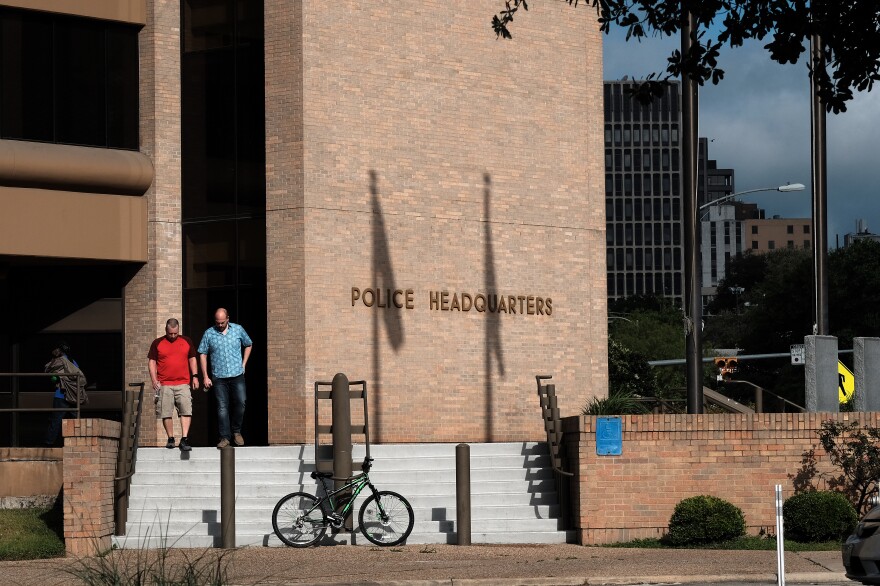Poor supervision and untrained staff have long plagued the Austin Police Department’s DNA crime lab, forcing it to close briefly in 2016 and then to be overseen by the state.
So, what will a future lab look like?
Consultants hired by the City of Austin in 2017 attempted to answer this question in a long-awaited report released Friday. The 150-page report, authored by researchers at the University of Pennsylvania's Quattrone Center for the Fair Administration of Justice, chronicles more than four dozen factors that contributed to the lab’s closure and outlines three potential futures.
The report says higherups in the lab lacked background knowledge in science; employees used a DNA mixture analysis method that “was not generally accepted in the scientific community”; and the staff didn’t have a contingency plan when the lab’s technical leader had to go on an extended sick leave.
The researchers admit they weren’t looking for issues with the lab that hadn’t already been documented, writing that their “review did not attempt to detect new or additional errors.” Instead, it echoes a state audit from 2016.
As for how the crime lab should be overseen in the future, the report’s authors throw out three ideas: either the DNA lab goes back under APD’s jurisdiction, is run by the City of Austin or is overseen by a yet-to-be-formed local government corporation.
The researchers also recommend that DNA analysts work more closely with those working in the criminal justice system to better educate people such as lawyers and judges about the science behind the analysis. They suggested staff from the DNA lab regularly report to a panel of people working in the legal system about how DNA analysis works and how the lab operates. In exchange, the panel would communicate with the lab about how DNA analyses are used in criminal proceedings.
“Notwithstanding the divergent expectations and inherent tensions between science and the law, lawyers and judges handling criminal cases involving DNA can and should serve an important role as critical consumers of the scientific information that is admitted to our courts,” the report reads.
In a letter to the mayor and City Council members prefacing the report, Assistant City Manager Rey Arellano wrote that the future of the DNA crime lab will be part of the city’s conversation about what policing should look like.
“With regard to DNA lab services, staff will incorporate further evaluation of the identified DNA lab options in the Reimagining Public Safety effort,” Arellano wrote.
Got a tip? Email Audrey McGlinchy at audrey@kut.org. Follow her on Twitter @AKMcGlinchy.
If you found the reporting above valuable, please consider making a donation to support it. Your gift pays for everything you find on KUT.org. Thanks for donating today.





